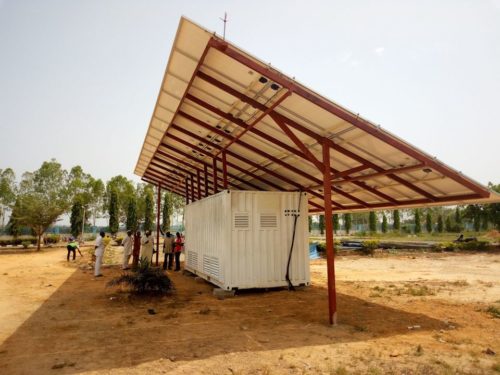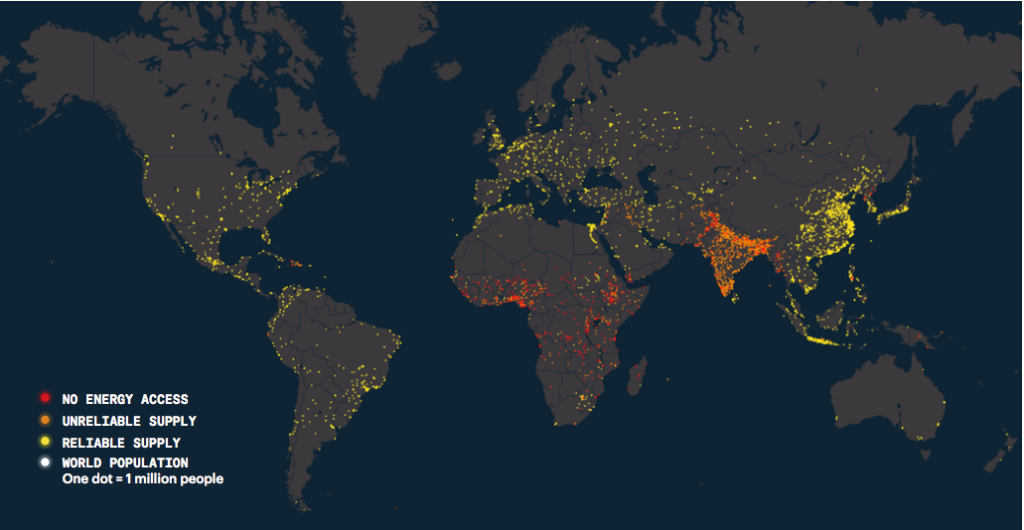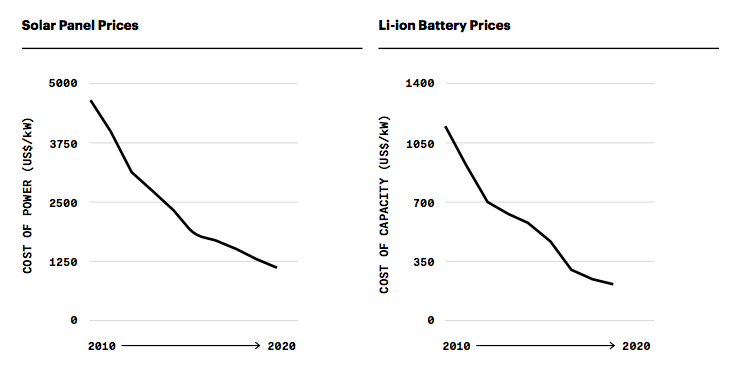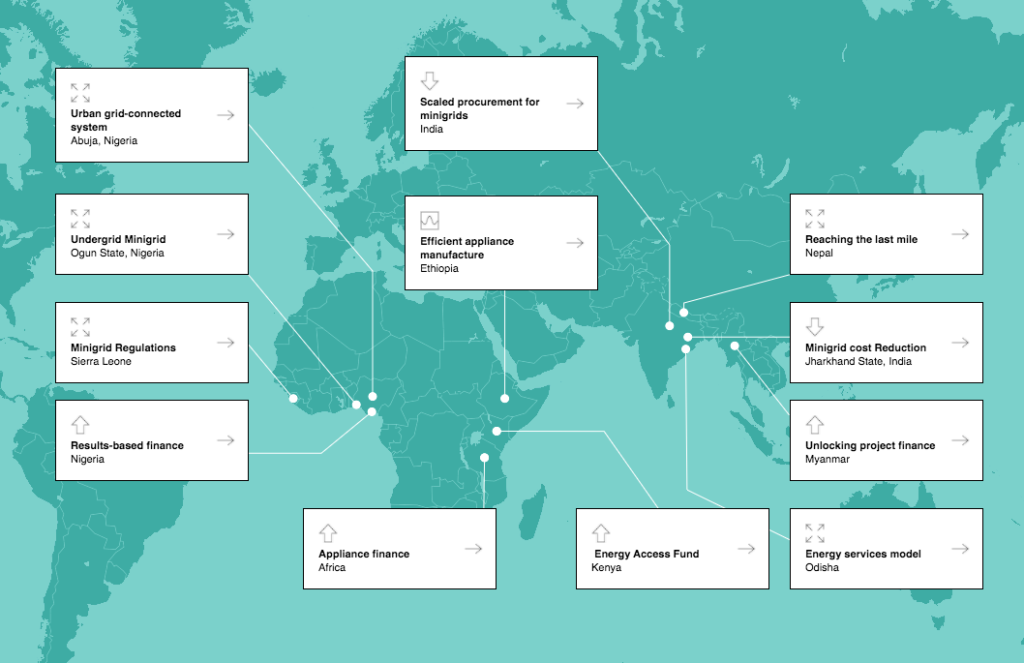
An Equitable, Low-Carbon Way to End Global Energy Poverty
Today, a third of the world’s population still has unreliable power, or no access to electricity at all. As economies seek to recover from the prolonged impacts of COVID-19, distributed renewable energy offers an opportunity to reach the underserved and to power development. The Electrifying Economies project, released today in partnership with Sustainable Energy for All (SEforALL) and Rockefeller Foundation, offers a narrative and guidance for this transition.
Responding to Global Crises
The world has mobilized around the goals of providing universal electricity access by 2030. But COVID-19-related economic contractions are reversing hard-won gains: 400 million people have been pushed into poverty this year, and the number without electricity access has increased.
This crisis lends a new urgency to ending energy poverty, as a foundation for strong health-care systems and socio-economic development. We believe that renewable electrification must be at the heart of an inclusive, green recovery that reaches the most vulnerable, building a springboard for resilience and growth. Recognizing the scale of this challenge, we heartily welcome the Rockefeller Foundation’s commitment of US$1 billion to catalyze an inclusive, green recovery. And we offer our full support to SEforALL and UNDP, as co-chairs of the upcoming UN high-level dialogue on energy, which will drive this agenda.
A Tipping Point for Distributed Renewables
This year saw the International Energy Agency crown “solar… the new king of electricity” for providing some of the lowest-cost power ever seen. Combined with the falling costs of storage, many countries now see least-cost development pathways for electricity systems that depend heavily on distributed renewables. This means powering development with systems that are fast to deploy, reliable, resilient, and low-carbon—truly a win-win situation.
The countries with the lowest rates of electricity access can benefit from a global convergence, as technology improves and prices continue to fall. And intensive research and piloting are producing an evidence base for the business models, digital tools, and system design that can scale deployment.
We need a concerted effort if we are to scale investment in distributed renewables from hundreds of millions to the hundreds of billions of dollars that are needed. The potential benefits are enormous: driving economic growth, creating jobs, and underpinning low-carbon development around the world.
What Needs to Happen Today
Wires and electrons alone are not sufficient to drive development. Electricity needs to be reliable, affordable, and sufficient to power enterprises and communities. And the provision of power must be combined with access to efficient, appropriate appliances, for these electrons to be used effectively and productively.
To deploy distributed renewables at scale, we must take four critical actions:
- Decrease cost of system hardware and operations
- Shape demand, with efficient appliances and productive use programs
- Increase investment, providing low-cost capital and streamlined subsidies to leverage private capital
- Enable expansion, through planning, regulations, and new business models
We have the proof points, the economic case is clear, and we understand what needs to happen. Now, we must learn from success stories and scale them rapidly through global platforms.
For this reason, we are delighted to be a signatory to the Call to Action for an Inclusive and Equitable Recovery, championed by Rockefeller Foundation and supported by the International Energy Agency, International Renewable Energy Agency, and many more of our partners.
We believe that the narrative of the Electrifying Economies project is extremely compelling, and that it offers a template for rapid action in the face of global challenges.
The Electrifying Economies Project demonstrates the role distributed energy will play in ending energy poverty and catalyzing a green and equitable recovery from the COVID-19 crisis. It draws on the latest data and research from around the world to show how distributed renewables can provide sustainable, affordable, and reliable power for all. The project provides information to support policymakers and investors in taking action today, to realize this potential.
Learn more: www.electrifyingeconomies.org




